It sounds interesting, but what is it – and how have recently rule changes affected what you can and can’t do? We have the answers…
If you want to get away from it all, you go camping right? Right. But if you don’t like the idea of numbered plots, a rowdy on-site bar and a list of rules as long as your arm, then you may have looked into the possibility of camping ‘wild’.
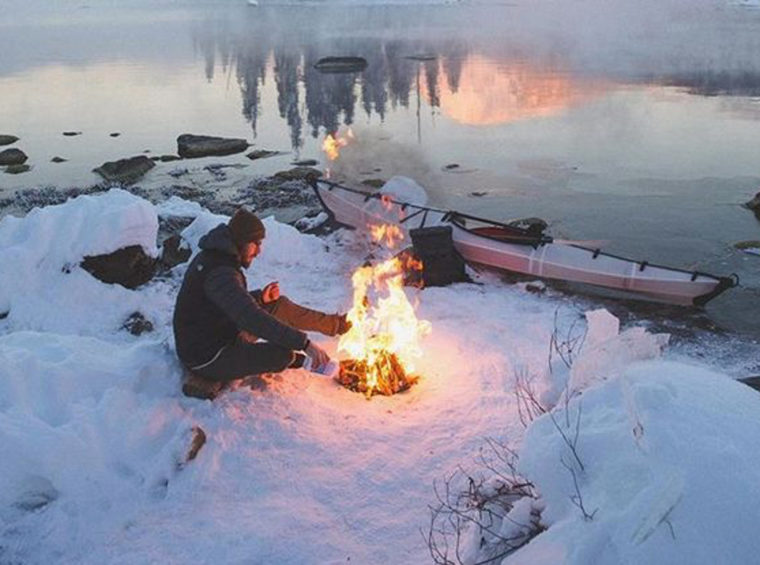
But what is wild camping, exactly? In a nutshell, it’s simply a case of staying away from official campsites and pitching up wherever you want. But, of course, it doesn’t work that way because in England camping on private land without permission is trespassing and on open access land wild camping is prohibited under Schedule 2 of the Countryside and Rights of Way Act 2000. In Scotland it’s slightly different. Here, the Land Reform (Scotland) Act 2003 established a statutory right to camp while the Scottish Outdoor Access Code describes the responsibilities and best practice guidance that should be followed when exercising your right to camp wild.
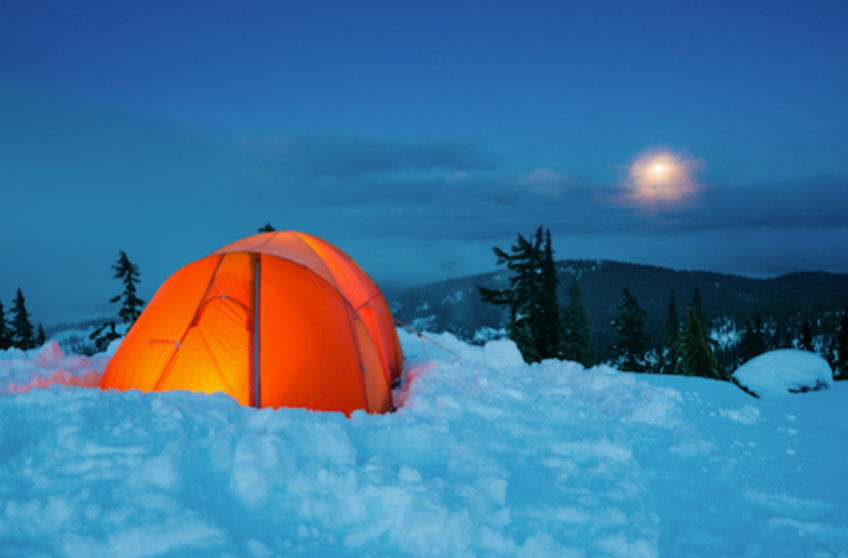
So, in most places, unless you can get the permission off the land owner – the bad news is that wild camping is illegal. There are just a few exceptions; one is in the Dartmoor National Park, where the use of lightweight tents is permitted. You can also wild camp in parts of Wales, such as the Clun Gwyn waterfalls near Ystradfellte. Another exception is Scotland (as previously stated). However, this is where wild camping has hit the headlines. New bylaws covering one of Britain’s most popular national parks, Loch Lomond and the Trossachs, now mean that unless a permit is acquired, wild campers could be liable to a £500 fine and may even get a criminal record. The problem, reportedly, is that during the summer there are as many as 800 pitches in this area, whereas the local council will only be issuing 100 permits, so they will be massively oversubscribed. That said, the vast majority of Scotland’s national parks are still open to wild camping.
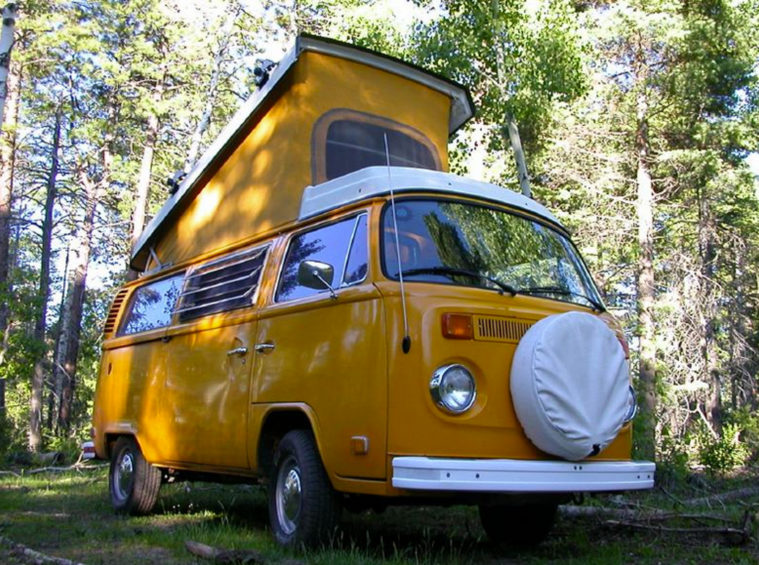
So that’s the situation regarding wild camping under canvas. But what about Bus and Camper owners – how do you stand if you want to park up in the wild, miles from anyone else overlooking a lake or glorious mountain view? Here the rules are a bit more sketchy. It’s feasible to park off the road for an overnight stopover, but there’s likely to be local laws prohibiting it. Certainly, many laybys and beauty spots will display signs saying ‘No Camping’ or ‘No overnight Stays’ in which case it’s a no-goer. If there’s no signs, it’s not overlooked by houses, and is generally out of the way then you can always take your chances. However, people that do this kind of thing regularly advise that you’ll need to be ready for a tap on the window at any time by a local bobby asking you to move on. So if you’re the driver, absolutely no booze.
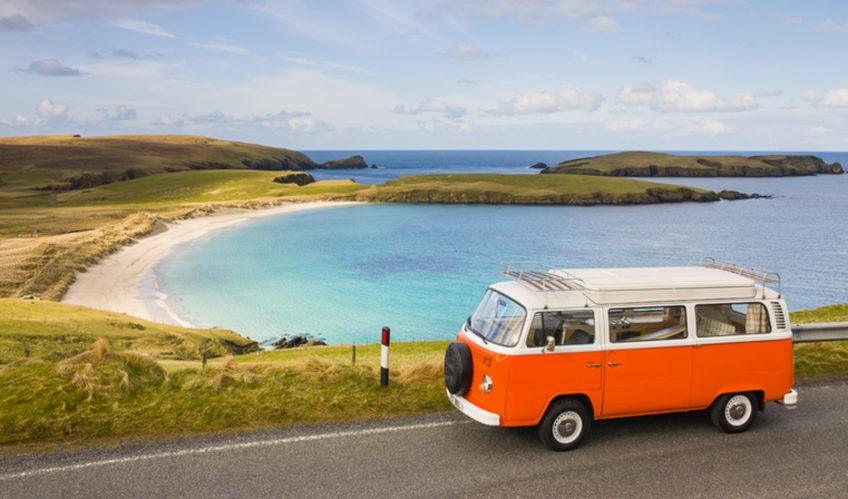
In France, there are special areas set aside for overnight camper stays – you’ll see a sign for them as you enter the town – and there you will find areas to dispose of waste water as the same time. Indeed, generally, our Gallic friends seem to be a bit more relaxed as to where you can and can’t pitch up for the night.
If, having read this, you still fancy doing a bit of wild camping, either in a tent, or in a Camper – there’s a general code of practice that’s worth adhering to. It’s important to be as inconspicuous as possible – so no loud music, no parties, no awnings, deck chairs outside or unsightly washing lines. Don’t make a mess, cut any trees or cause any damage or disturbance. In short, you need to be discreet. The spot should be exactly as you found it. It’s also important not to go churning up the mud if you venture off-road and to dispose of waste responsibly. Another thing is not to outstay your welcome; it’s fine to stay somewhere overnight if you make an early start in the morning, but if you set up camp for a week you’ll soon get noticed and told to move on.
You also need to be aware of security. Don’t stray too far off the beaten track if you’re travelling on your own – and avoid the murkier parts of town.
Given all this, you might prefer to find one of the more remote campsites instead. Try somewhere like Eco Camp UK’s Beech Estate Woodland Campsite which is about as close to wild camping in England as you can get in an organised campsite with its compost loos, bucket showers and nicely tucked away pitches. The beautifully secluded Fidden Farm on Mull (below) also looks nice.
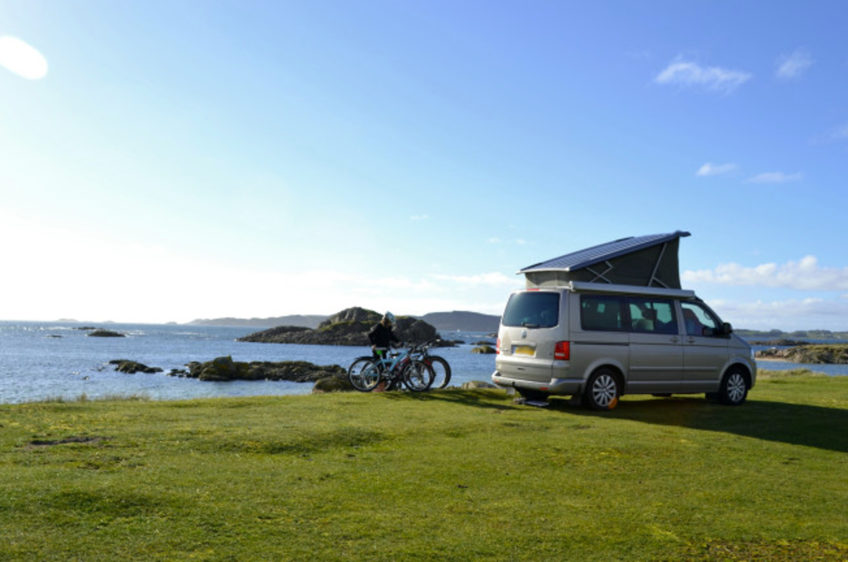
Whatever choices you make, if the sun starts shining get packed, drive and enjoy!
Ian
The opinions expressed here are the personal opinions of the author and do not necessarily represent the views and opinions of VW Heritage

